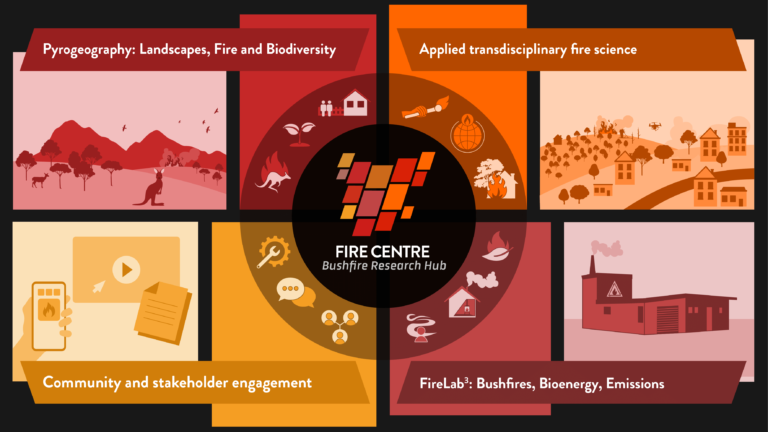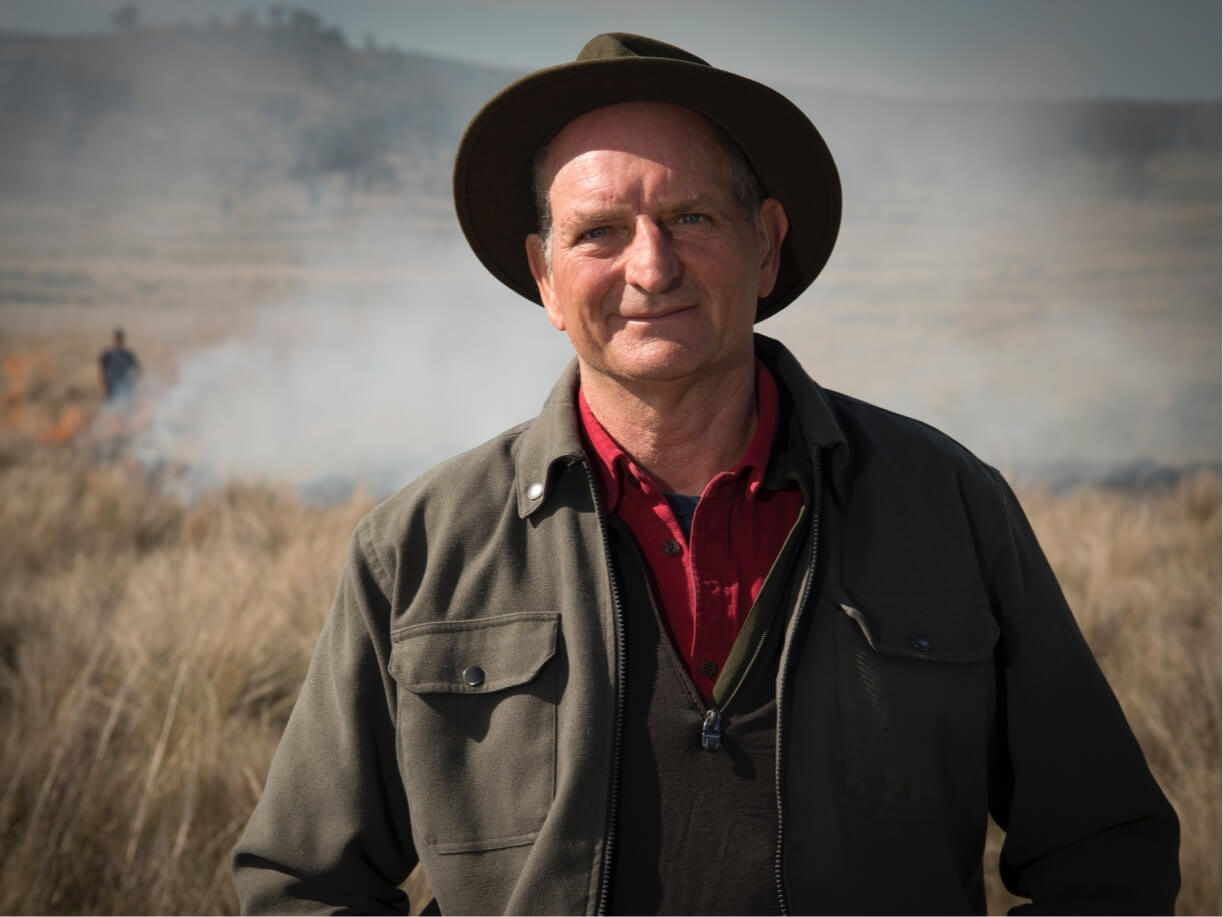

There are trade-offs between the needs of culture and society, and ecology and biodiversity. And, as the earth warms, our fire landscape is changing. How do we ensure that we are using fire in a sustainable way? And as wildfire becomes more common, how can we prepare for what is coming?
